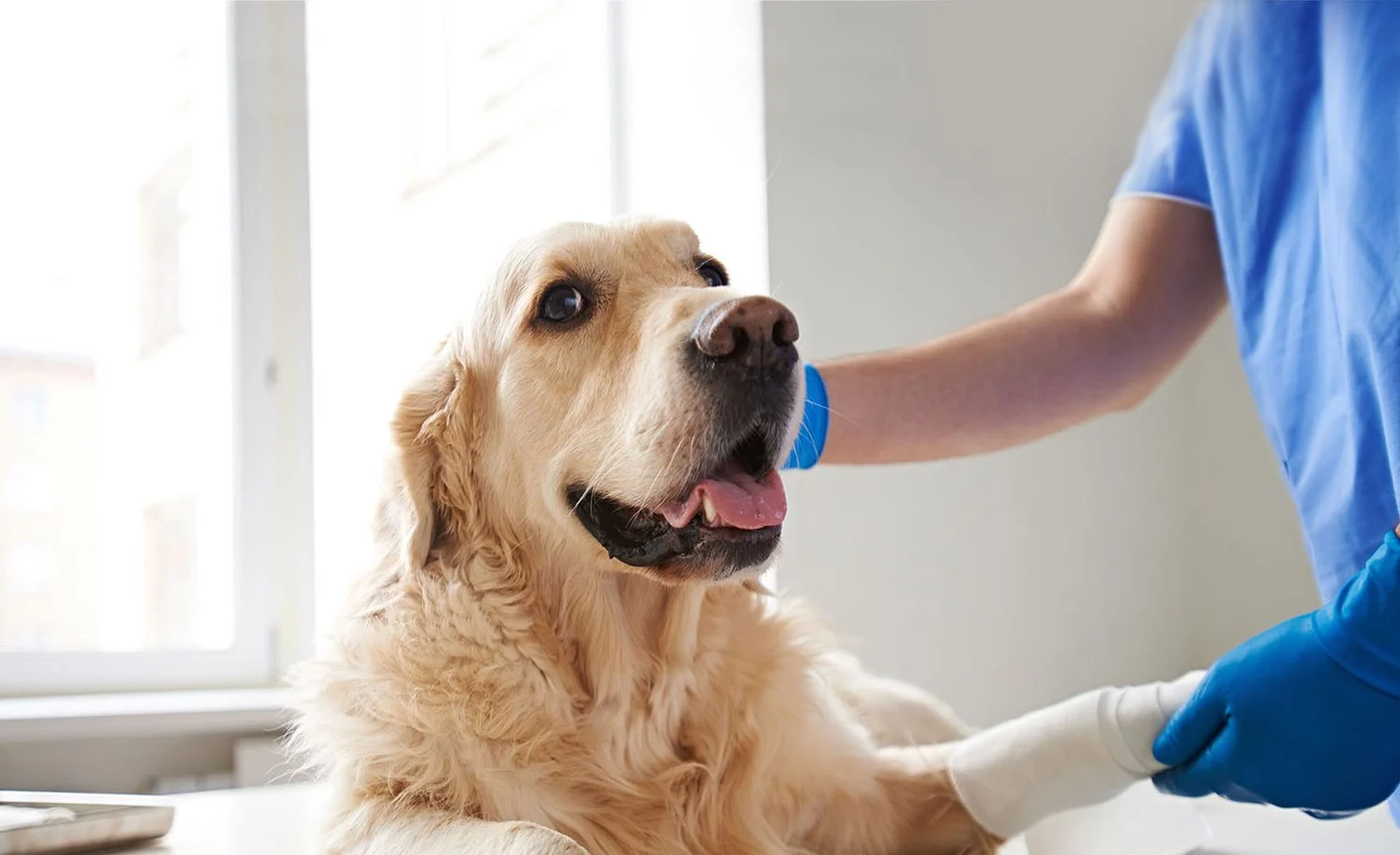All You Need to Know About Veterinary Tests for Dogs
Veterinary tests for dogs can be an important part of keeping your pet healthy and happy. Not only do these tests help diagnose and monitor health issues, but they can also be used to detect early signs of disease. Aside from getting your pup to dog grooming services, knowing what tests your pup may need throughout their lifetime is also essential. This will help ensure they live a long and healthy life. In this blog post, we'll explore all you need to know about veterinary tests for dogs, from the types of tests available to how often they should be done.
What are the most common veterinary tests for dogs?
Veterinary tests for dogs are an essential part of your pup’s health and well-being. Veterinary tests can help detect health issues, measure responses to medication, and monitor the effectiveness of preventative treatments. The most common tests for dogs include physical examinations, blood work, urinalysis, radiographs, fecal analysis, heartworm tests, and vaccine titers.
During a physical examination, your veterinarian will carefully check your pup’s body for any changes or abnormalities. They will also check the eyes, ears, nose, teeth, mouth, skin, and other organs. Blood work helps diagnose infections and diseases, as well as evaluate the function of major organs like the liver, kidney, and heart. A urinalysis checks the chemical composition of your pup’s urine, while radiographs are X-rays that are used to detect problems like tumors or fractures. A fecal analysis looks for parasites and other bacterial or viral infections in the stool sample. If your pup has been diagnosed with an illness or injury, further tests may be necessary to determine the cause and create an effective treatment plan. Some of these tests include ultrasound scans, CT scans, biopsies, and more specialized lab tests.
No matter what tests your veterinarian recommends for your pup, it is important to have them done regularly to ensure that your pup is healthy and protected from any potential illnesses or injuries. While some test results may indicate a problem, it's important to remember that many results don't necessarily mean something is wrong.
In addition to regular vet visits and testing, there are things you can do at home to keep your pup healthy. This includes proper nutrition, regular exercise, flea prevention, and regular brushing of their coat. These simple steps can go a long way towards ensuring that your pup stays happy and healthy for years to come!






Comments
Post a Comment